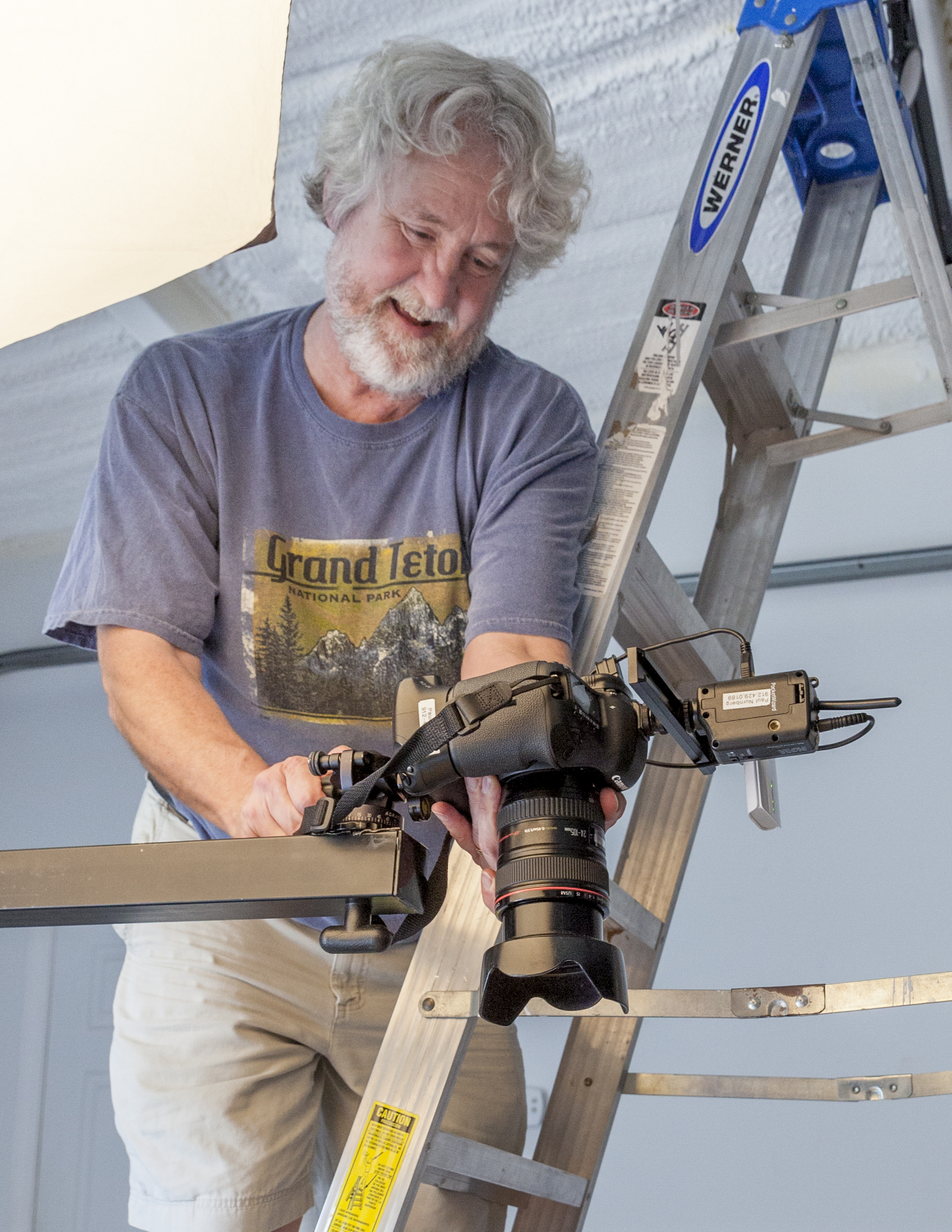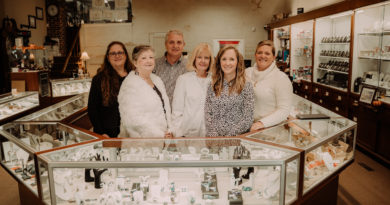SHOULD I HAVE MY HEARING TESTED?
Early warning signs of potential hearing loss.
I remember finishing my doctorate in audiology at Louisiana Tech University almost 15 years ago. One of the things that has always stuck with me was this statement from my clinic professor, “The average individual waits approximately eight years from the time they initially notice that they have hearing difficulties before they decide to have their ears tested.” Although this does not hold true for everyone, there are many advantages to early identification and intervention of hearing impairment. This article will focus on the initial warning signs of hearing loss, which would warrant early intervention.
One of the main comments I hear daily is that “everyone around me mumbles.” While it is true that some people mumble, the questions you need to ask yourself are: “Can other people hear them clearly? Are they actually mumbling?” As we age, part of the reason that people are perceived as mumbling is because of the toll sound has taken on our cochlea over time. Typically, individuals lose their higher-frequency sounds first. When the cells in your cochlea that detect those high-pitched sounds become damaged, it makes it significantly harder to comprehend speech. Higher tones account for most of the consonant sounds in speech, which allow us to distinguish between different words — “Did they say: tall – fall – hall – call.” They also account for female voices, children’s voices, and birds chirping.
Today, my first patient stated, “I am always straining to hear, and it is wearing me out.” When our auditory system becomes compromised, we rely on our brain to fill in missing information gaps to make sense of what others are saying. Not only does this take great focus and effort, but it also becomes physically and mentally exhausting. This is known as ear fatigue or listening fatigue.
Another complaint I hear daily is: “I cannot hear in noise. I’m fine one-on-one, but you put me in a restaurant, and I cannot understand anything.” Difficulty hearing in noise is often a sign of hearing impairment; however, there could also be a processing disorder that could lead to these issues. An audiological assessment determines your hearing acuity and allows us to create a plan of action to address and correct this problem.
Lastly, tinnitus or ringing in the ear is defined as a perception of sound in one’s ear or ears without an external stimulus. This condition affects over 45 million people worldwide and is often described as ringing, whistling, crickets, or static sound. The leading causes of tinnitus include age-related hearing loss, noise exposure, ototoxic medication, stress, anxiety, or a problem with the circulatory system. Occasionally, excessive cerumen or wax accumulations in the ear canal can also cause tinnitus.
For individuals experiencing any of these warning signs noted above, it is highly recommended that you consult with an audiologist to have your ears examined. This is extremely important not only to improve your overall hearing ability but also to prevent decreased cognitive impairment, which can lead to frustration, depression, and social isolation. Numerous approaches can be taken to diagnose and treat the conditions stated above, and your audiologist should be the first point of contact.
We are always more than happy to help and answer any questions you or a loved one may have. Feel free to contact The Beaufort Sound at (843) 522-0655 with any questions.
– Larry Bridge, AuD, CCC-A





